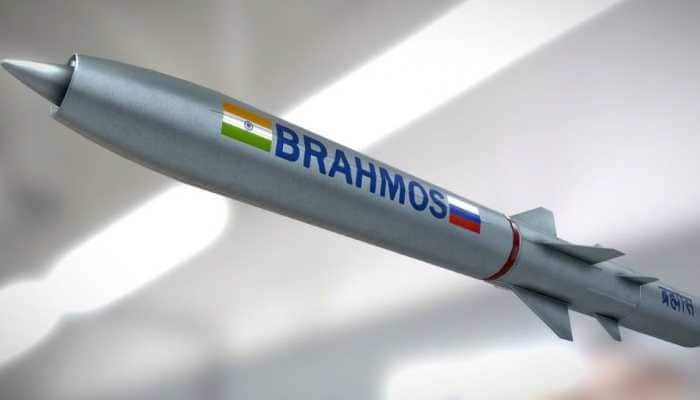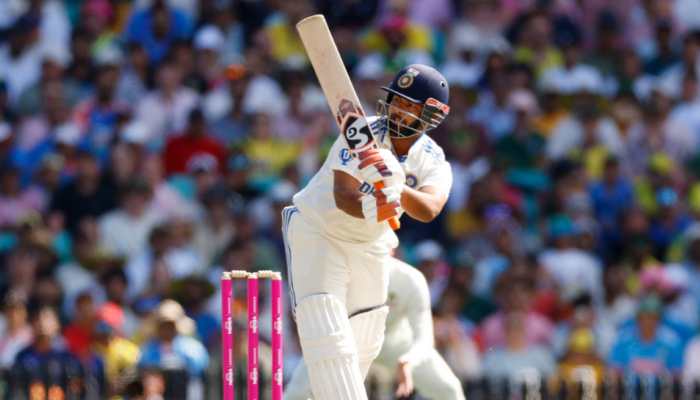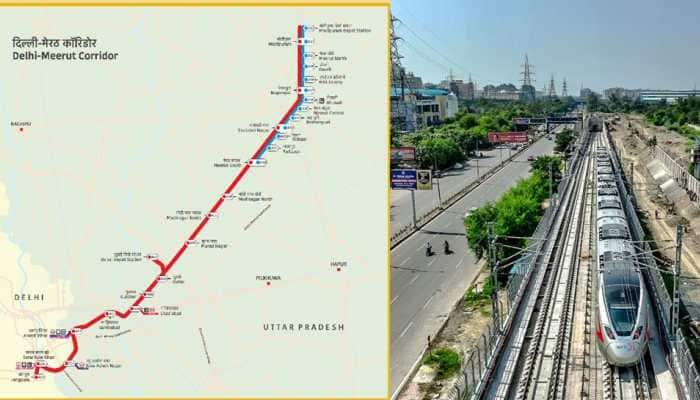7th Pay Commission: Know your pension type
7th Pay Commission: Know your pension type
Trending Photos
)
Zee Media Bureau
New Delhi: Retired central government employees will now get a minimum pension of Rs 9,000, following the implementation of the 7th Pay Commission's recommendations.
The Ministry of Personnel, Public Grievances and Pensions has notified acceptance of pay panel's recommendations for the pensioners.
The ceiling of gratuity has also been enhanced from the existing Rs 10 lakh to Rs 20 lakh. The Commission had also recommended the ceiling on gratuity to be raised by 25 percent whenever Dearness Allowance rises by 50 percent, a proposal which has been accepted by the government.
Know below about the types of pension
Superannuation
A superannuation pension shall be granted to a government servant who is retired on his attaining the age of 60 years.
Retiring Pension
A retiring pension shall be granted to a government servant who retires, or is retired before attaining the age of superannuation or to a government servant who, on being declared surplus opts, for voluntary retirement.
Voluntary Retirement
Any government servant can apply for voluntary retirement, three months in advance, only after the completion of twenty years of his qualifying service, provided there is no vigilance or departmental enquiry pending /initiated against him/her.
Invalid Pension
Invalid Pension may be granted if a government servant applies for retirement from the service on account of any bodily or mental infirmity which permanently incapacitates him/her for the service. The request for invalid pension has to be supported by medical report from the competent medical board.
Compensation Pension
If a government servant is selected for discharge owing to the abolition of a permanent post, he shall, unless he is appointed to another post the conditions of which are deemed by the authority competent to discharge him/her to be at least equal to those of his own, have the option:
(a) of taking compensation pension to which he may be entitled for the service he had rendered, or
(b) of accepting another appointment on such pay as may be offered and continuing to count his previous service for pension.
Compulsory Retirement Pension
A government servant compulsorily retired from service as a penalty may be granted, by the authority competent to impose such penalty, pension or gratuity, or both at a rate not less than two-thirds and not more than full compensation pension or gratuity, or both admissible to him on the date of his compulsory retirement. The pension granted or allowed shall not be less than Rs. 3500/- p.m.
Compassionate Allowance
(i) A government servant who is dismissed or removed from service shall forfeit his pension and gratuity:
Provided that the authority competent to dismiss or remove him from service may, if the case is deserving of special consideration, sanction a compassionate allowance not exceeding two-thirds of pension or gratuity or both which would have been admissible to him if he had retired on compensation pension.
(ii) A compassionate allowance sanctioned under the proviso to sub-rule (i) shall not be less than the amount of rupees one thousand nine hundred and thirteen per mensem.
Extraordinary Pension
Extraordinary Pension in the form of disability pension/extraordinary family pension may be paid to the government servant/his family if disablement/death (or the aggravation of disablement/death)of the government servant, during his service, are attributed to the government service. For the award of extraordinary pension, there should thus be a casual connection between disablement and government service; and death and government service, for attributability or aggravation to be conceded. The quantum of the pension, however,depends upon the category of the disablement/death.
Government servants appointed on or after 1.1.2004 are not covered by the CCS(Extraordinary Pension) Rules.
Family Pension
Family pension is granted to the widow / widower and where there is no widow / widower to the children of a government servant who entered in service in a pensionable establishment on or after 01/01/1964 but on or before 31.12.2003 or having entered service prior to that date came to be governed by the provisions of the family pension scheme for central government employees, 1964 if such a government servant-
(i) dies while in service on or after 01/01/1964 or
(ii) retired/died before 31.12.1963 or
(iii) retires on or after 01/01/1964
and at the time of his death was in receipt of pension.
Family pension is payable to the children up to 25 years of their age, or marriage or till they start earning a monthly income exceeding Rs.3,500/- + DA admissible from time to time p.m. whichever is earlier.
Widow daughter / divorced daughter/ unmarried daughter of deceased government servant is also entitled for the family pension till her remarriage or up to life time or starts earning a monthly income exceeding Rs.3,500/- + DA admissible from time to time p.m. whichever is earlier.
Family pension is also payable to the dependent parents of deceased government servants w.e.f. 01/01/98, where there is no claimant i.e. spouse or child for family pension, alive.
If the son or daughter, of a government servant is suffering from any disorder or disability of mind or is physically crippled or disabled so as to render him or her unable to earn a living even after attaining the age of 25 years, the family pension can continue to be paid for life time subject to conditions.
Stay informed on all the latest news, real-time breaking news updates, and follow all the important headlines in india news and world News on Zee News.
Live Tv







)
)
)
)
)
)
)
)
)
)
